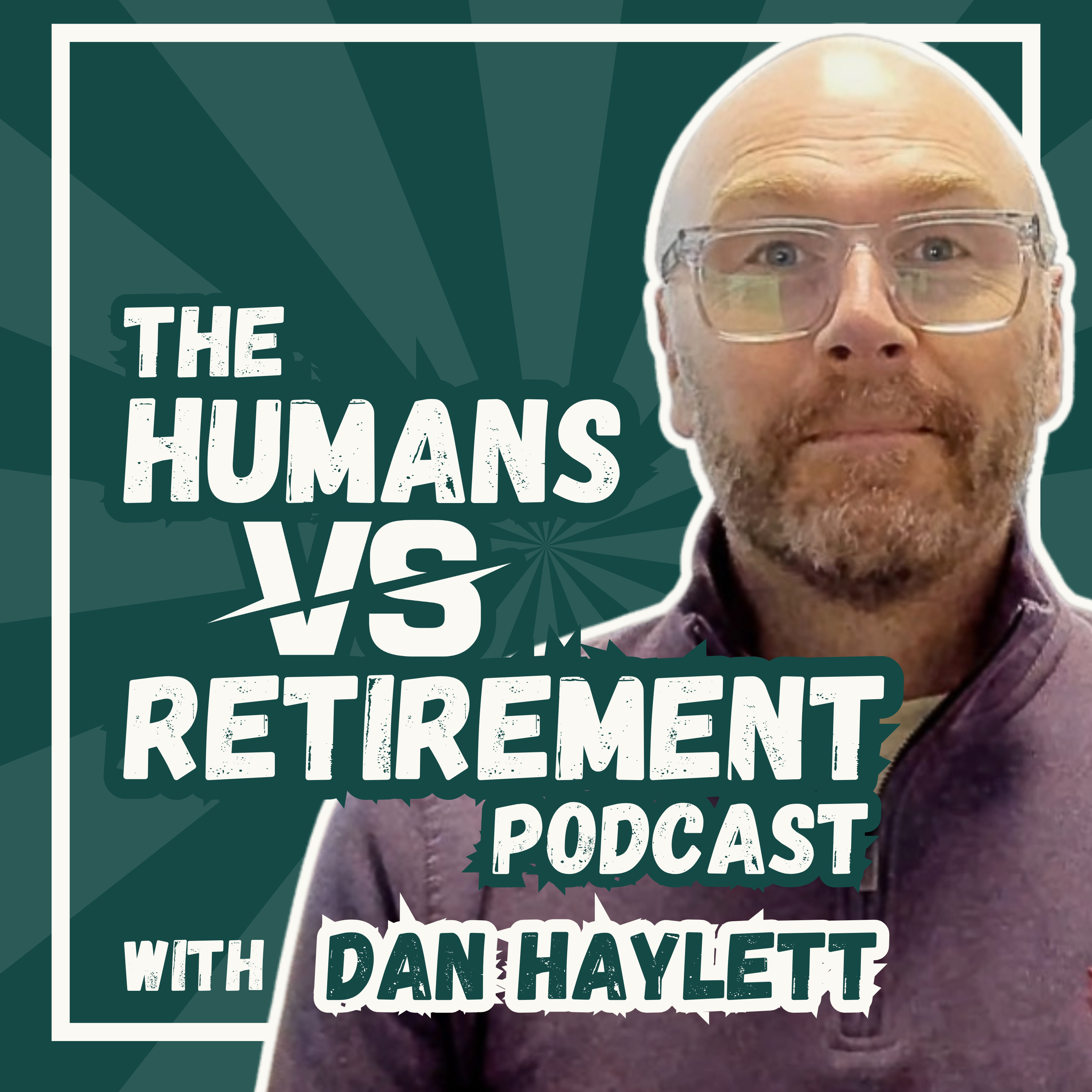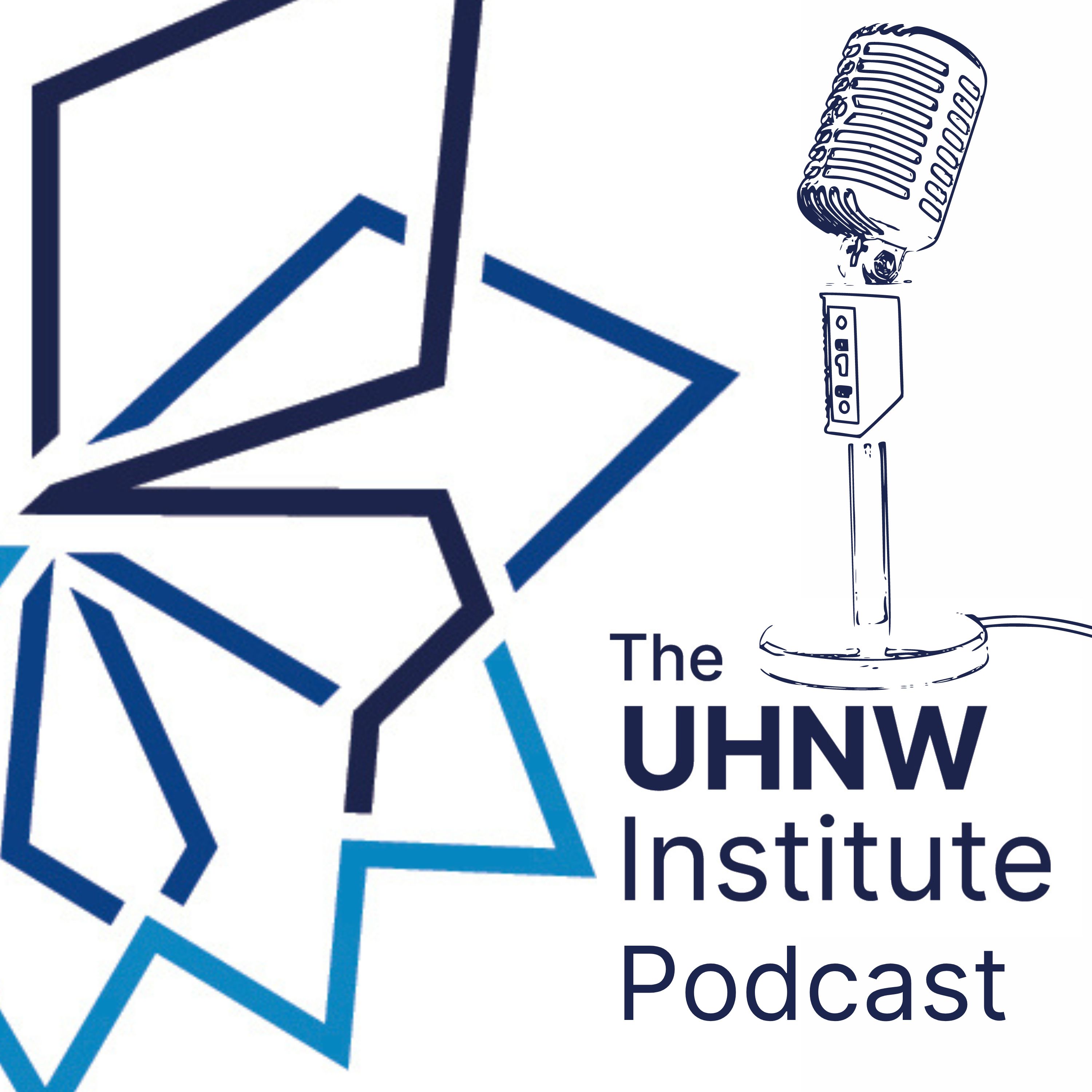
Planning & Beyond®
Planning & Beyond® transforms how financial advisors approach client relationships by bridging psychological insights with practical planning strategies. Hosted by Ashley Quamme, a licensed therapist and financial behavior specialist, each episode delivers actionable techniques you can implement in your next client meeting.
Unlike traditional financial planning podcasts that focus primarily on technical aspects, Planning & Beyond® explores the behavioral and psychological elements that shape client relationships. Through in-depth conversations with leading experts in behavioral finance, financial psychology, and financial therapy, you'll gain evidence-based strategies to navigate emotional client situations, build lasting trust, and create more meaningful relationships.
Whether you're preparing for discovery meetings, helping clients through major life transitions, or looking to deepen client connections, you'll walk away from each episode with practical tools and confident approaches to enhance your practice. Join a community of advisors who understand that exceptional financial planning goes beyond the numbers.
Topics include:
- Mastering discovery and prospect meetings
- Navigating difficult money conversations
- Understanding client psychology
- Building trust and deepening relationships
- Managing emotional client situations
- Enhancing communication skills
- Developing behavioral finance strategies
- Supporting clients through life transitions
New episodes release bi-weekly. Subscribe now to transform how you connect with clients.
Planning & Beyond®
29. The Power of Story: How Financial Advisors Can Unlock Deeper Client Connections Through Money Narratives with Dr. Joy Lere
Text us to share what you found helpful!
What if the key to transforming your client relationships isn't in your financial planning software, but in your ability to understand and work with the stories your clients tell themselves about money? In this compelling episode, licensed clinical psychologist and co-founder of Shaping Wealth, Dr. Joy Lere, reveals why "we are not born as calculators, but as storytellers" – and how this fundamental truth can revolutionize your practice.
Dr. Lere brings a unique perspective that bridges clinical psychology with financial planning, offering advisors practical tools to uncover the money narratives that drive client behavior. Through her innovative "Read, Write, Edit" framework, she demonstrates how advisors can become skilled story stewards, helping clients examine their financial past, understand their present behaviors, and consciously craft the future they want to create.
This isn't about becoming a therapist – it's about recognizing that behind every spreadsheet is a human story shaped by years of experiences, beliefs, and emotions around money. Dr. Lere provides concrete conversation starters, explains how to navigate vulnerable moments without getting "lost in the weeds," and offers guidance on integrating storytelling naturally into your existing process.
Whether you're struggling with clients who say they're "bad with money," wondering how to deepen discovery conversations, or looking for ways to build stronger trust and connection, this episode delivers immediately actionable strategies that honor both the human and technical aspects of financial planning.
Key Takeaways:
- Stories Drive Decisions, Not Spreadsheets: Clients make financial decisions based on the narratives they've constructed about money, not purely on mathematical optimization. Understanding these underlying stories is essential for creating plans that clients will actually follow and feel confident about.
- The "Read, Write, Edit" Framework for Money Narratives: Start by "reading" (understanding your own money story first), then help clients "write" (uncover and examine their financial narratives), and finally "edit" (consciously reshape limiting beliefs and stories that no longer serve them). This systematic approach makes storytelling practical and implementable.
- Curiosity Over Correction: When clients make statements like "I'm bad with money," resist the urge to immediately correct them. Instead, use curiosity-driven questions like "What does it mean to you to be bad with money?" to uncover the deeper story behind their beliefs.
- Storytelling is Relational, Not Transactional: This isn't about adding a "story module" to your process – it's about approaching every client interaction with genuine curiosity about their human experience with money. Build trust over time rather than trying to extract deep revelations in the first meeting.
Resources and Guest Information:
- LinkedIn: Joy Lere, PsyD
- Substack: "Finding Joy" - Dr. Lere's musings about life, love, and work
- Shaping Wealth
Connect with Host Ashley Quamme:
- Podcast Website: Planning & Beyond
- LinkedIn: Ashley Quamme - Licensed Therapist & Financial Behavior Specialist
- Beyond the Plan®: Financial psychology integration for advisory practices
Podcasts we love
Check out these other fine podcasts recommended by us, not an algorithm.

The Human Side of Money
Brendan Frazier
Healthy Love & Money: Financial Therapy, Intimacy, Conflict & Communication for Couples
Ed Coambs - Therapy-Informed Financial Planning™
Kitces and Carl - Real Talk for Real Financial Advisors
Michael Kitces, MSFS, MTAX, CFP and Carl Richards, CFP
Standard Deviations with Dr. Daniel Crosby
Dr. Daniel Crosby
Modern Husbands Podcast
Modern Husbands
The Most Hated F-Word
Shaun Maslyk
The Humans vs Retirement Podcast
Dan Haylett
